from 0 review
Daily Tour
Unlimited
English
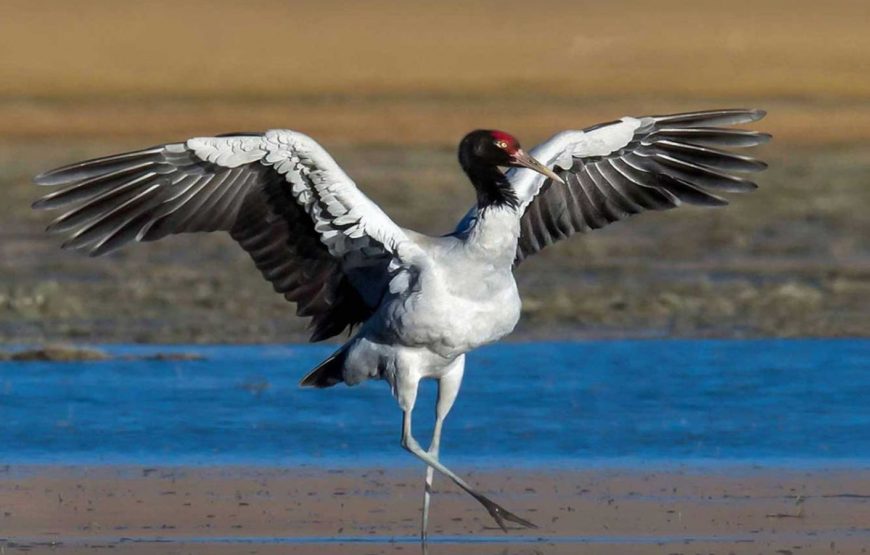
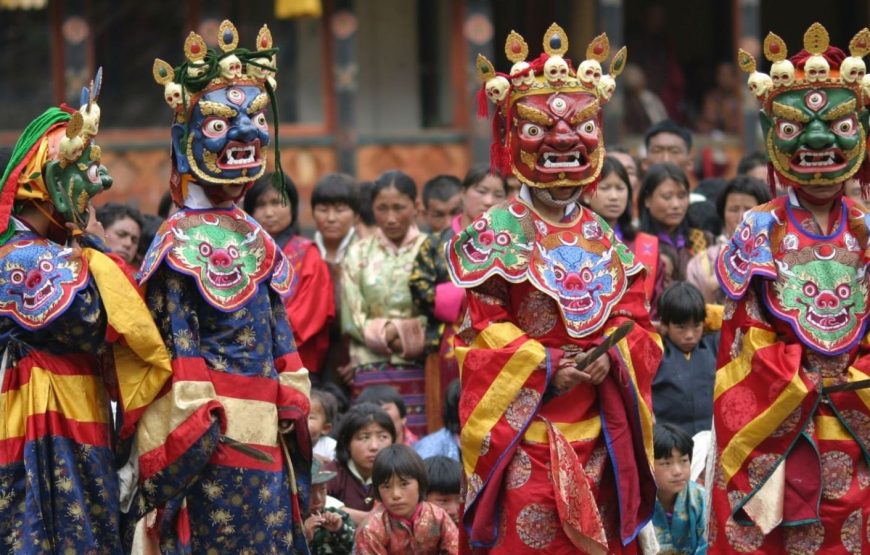
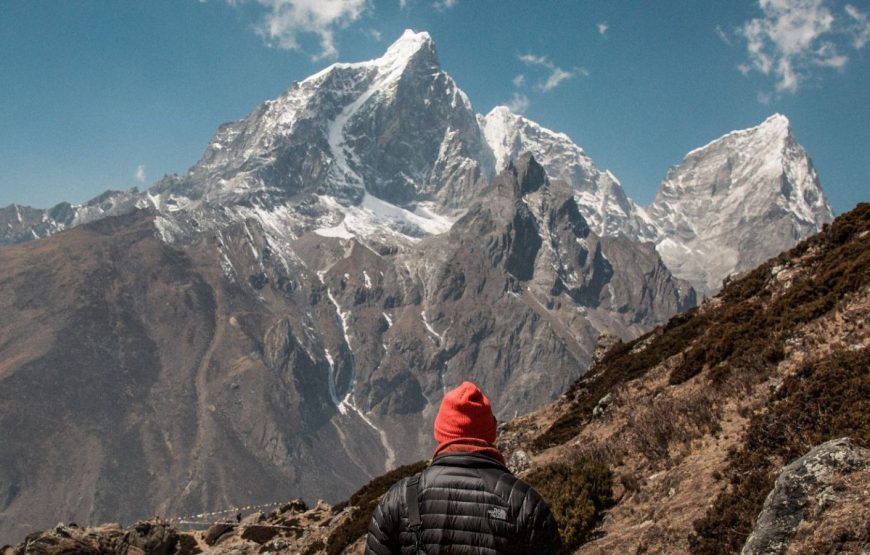
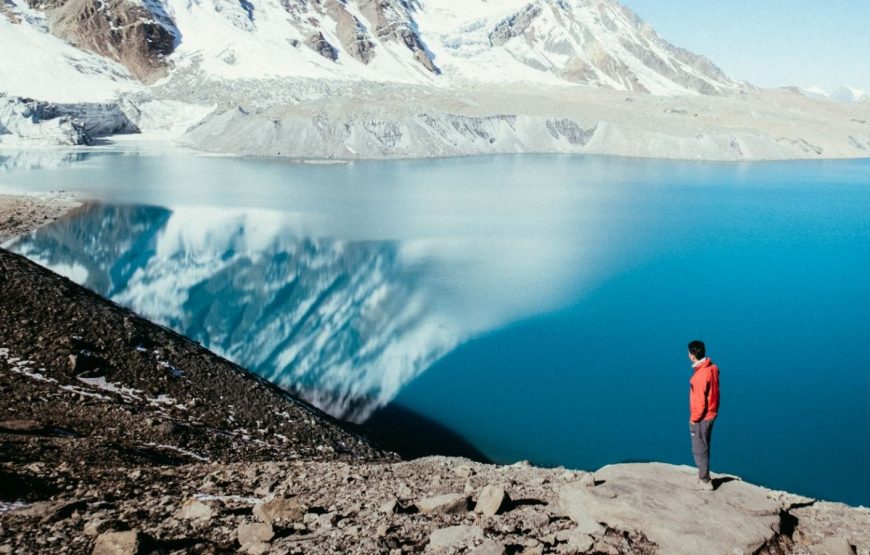
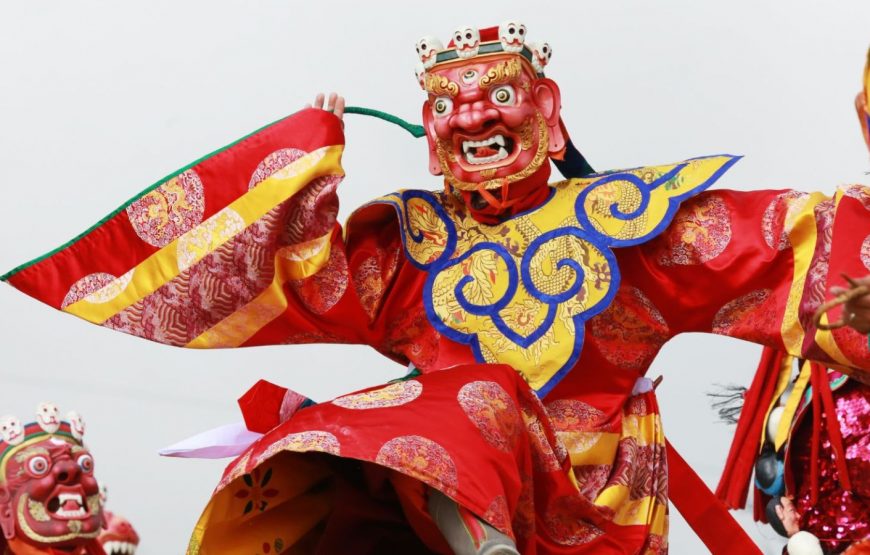
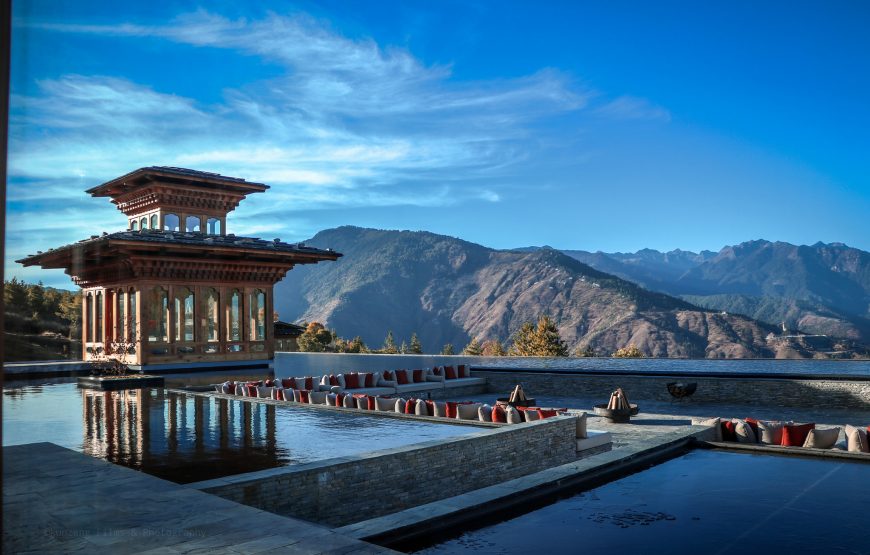
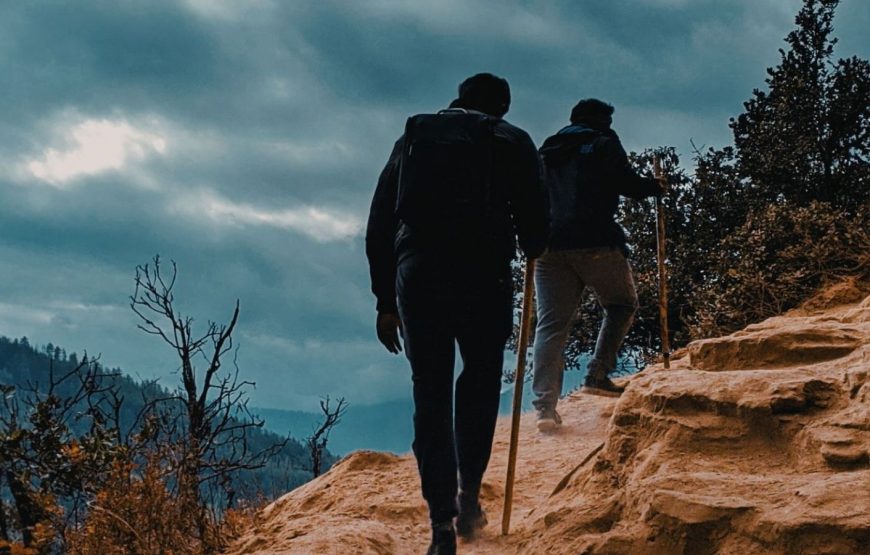
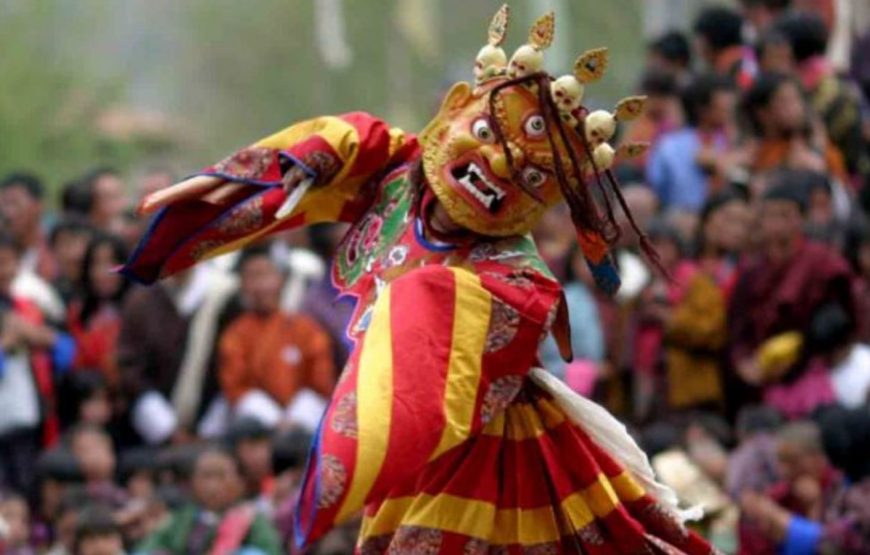
The ideal time for this trek is April to June and September to November. Jomolhari Trek is longer than the Jomolhari Loop – the most popular trekking routes in Bhutan. With altitude differences of 2,500m and nearly 5,000m it offers a wide range of landscapes, fauna and flora. The highlight of this trek is the spectacular view of Mount Jomolhari.
Starting at Drukgyel Dzong, Paro this trek passes through scattered hamlets and farmland into a deep and richly forested valley, which leads to a high alpine pastureland where yak headers graze their animals. The trek offers a taste of the great variety of Bhutanese landscape.
On arrival at Paro airport, you will be met by our representative and transferred to your hotel after completion of arrival formalities. Evening visit to Paro market and town.
Overnight at the hotel in Paro.
In the morning visit to Ta Dzong, built in 1651 as a watchtower and in 1968 inaugurated as Bhutan's National Museum. The collection includes art, relics, religious thangkha paintings, postage stamps, coins and handicrafts, as well as a small natural history collection. Below Ta Dzong is Rinpung Dzong (Paro Dzong), 'the fortress of the heap of jewels', built in 1646, and now housing the offices of the district administration and Paro's monk body.In the afternoon, visit Kyichu Lhakhang. Built by the Tibetan king, Songtsen Gampo in the 7th century, it is one of the oldest and most sacred shrines of Bhutan.
Overnight at the hotel in Paro.
The trek starts from Drukgyel Dzong (2,580m) with a short downhill walk on a wide trail. The trail then climbs gently through well maintained rice terraces and fields of millet. Later on, we come to apple orchards and forests. Soon the valley widens, and we reach the army post of Gunitsawa (2,810m). This is the last stop before Tibet. We continue upwards to just beyond Sharma Zampa (2,870), where there are several good camping places in meadows surrounded by trees.
The trail again follows the Pa Chu (Paro river), ascending and descending through pine, oak and spruce forests. After crossing a bridge to the left bank of the river, we stop for a hot lunch. Then we continue along the river, climbing upwards through rhododendron forests, and crossing the river once more before reaching our campsite (3,750m).
The path ascends for a while until we reach the army camp. We then follow the river above the tree line, enjoying stunning view of the surrounding peaks. Hot lunch is served at a yak herder's camp. A short walk from here into the valley takes us to our campsite at Jangothang (4,040 m). From here, the view of Jomolhari and Jichu Drake are superb.
The trail follows the stream for half an hour and crosses the bridge to the right bank. We now start our climb up to the first ridge, enjoying breathtaking view of Chamolhari, Jichu Drake and Tserimgang. The trail then takes us across a fairly level valley floor until the climb up to Nyele-la pass (4,700m). We descend gradually from the pass to our camp site at Lingshi (4,000m), enjoying a panoramic view of the mountain peaks and Lhuntshi Dzong as we walk.
The Laya-Gasa route leaves the Jomolhari trek route here. Our trail climbs up towards a small white chorten on a ridge above the camp, then turns south up the deep Mo Chu valley. The trail stays on the west side of this largely treeless valley, climbing steadily a short distance above the Mo Chu. It then crosses the river, and climbs steeply for two hours to Yeli-la (4,820m). On a clear day you can see Chomolhari, Gangchenta, Tserimgang and Masagang from this pass. Descend alongside a stream to a rock shelter in the cliff face, and then continue on downstream till reaching Shodu (4,100m), where we camp in a meadow with a chorten in it
We are now back at the tree line, and our path follows the course of the Thimphu Chu, descending through rhododendron, juniper and mixed alpine forests. There are stunning views of rocky cliff faces and waterfalls along the way. We stop at the riverside for a hot lunch. Then the trail takes us gradually upwards to the ruins of Barshong Dzong (3,600m), near which we camp for the night.
The trail descends gently through a dense forest of rhododendrons, birch and conifers, then drops steeply to meet the Thimphu Chu. The trail runs along the left bank of the river, climbing over ridges and descending into gullies where side streams run down into the river. The final stage of the trail climbs around a cliff face high above the Thimphu Chu, coming out onto pastureland where we camp for the night at 3,600m.
The trail winds in and out of side valleys above the Thimphu Chu, making a long ascent through a forest of conifers and high-altitude broadleaf species to a pass at 3,510m. The trail then drops steeply down to the river, following it southward to the road head at Dodena (2,600m). Etho Metho transport meets us here, and we drive to Thimphu.
Overnight at hotel in Thimphu.
Full day of sightseeing in Thimphu valley visiting the following, as time permits: National Memorial Chorten; Tashichhodzong (the fortress of the glorious religion); National Library; Institute for Zorig Chusum (Bhutanese arts and crafts school); National Institute of Traditional Medicine (outside only); Handicrafts Emporium. Evening drive to Paro.
Overnight halt at the hotel in Paro.
After breakfast, drive to Paro airport for flight to onward destination.